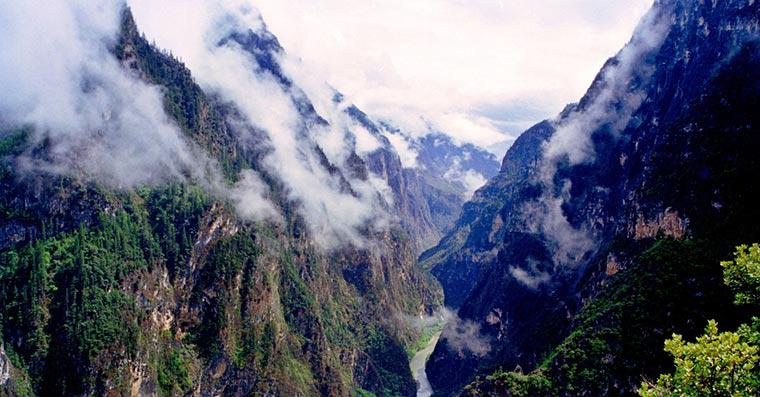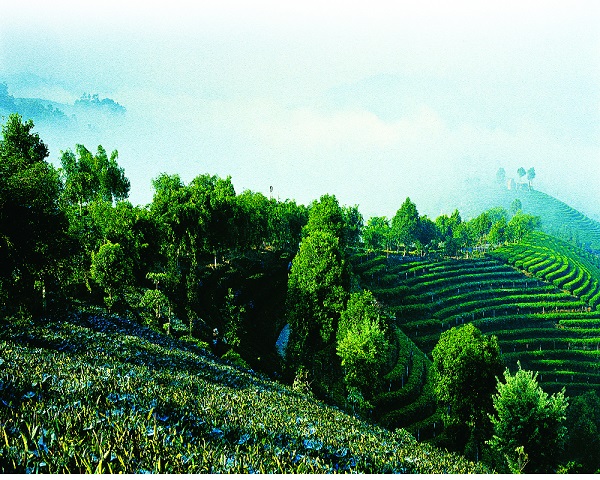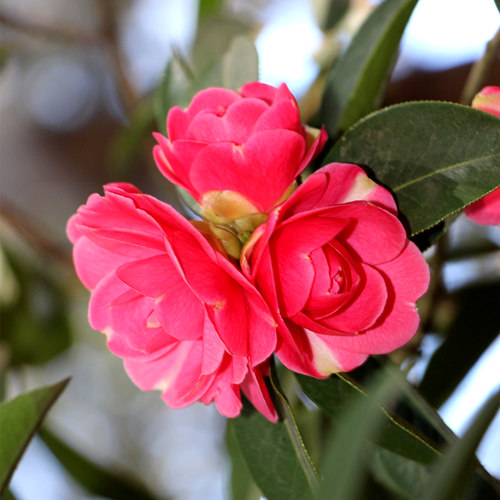
Detailed Introduction to Tengchong City of Baoshan
Tengchong City (腾冲市), located in Baoshan City, Yunnan Province, China, is renowned for its rich history, vibrant culture, and breathtaking natural landscapes. Known as the "Gateway to Southeast Asia," Tengchong is celebrated for its geothermal wonders, historical significance along the ancient Silk Road, and its role in China’s World War II history.
Geographical Location and Climate
Tengchong lies in the southwestern part of Yunnan Province, bordering Myanmar to the west. It covers an area of approximately 5,869 square kilometers.
Latitude and Longitude: Situated between 98°25′ and 98°58′ E and 24°38′ and 25°20′ N.
Elevation: Known for its mountainous terrain, with altitudes ranging from 920 meters in valleys to over 3,600 meters at Gaoligong Mountain.
Climate: Tengchong enjoys a mild subtropical monsoon climate, characterized by warm winters, cool summers, and abundant rainfall. Average annual temperatures are around 15°C.
Historical Background
Tengchong boasts a history spanning over 2,000 years.
Ancient Silk Road: As a key stop on the Southwest Silk Road, Tengchong facilitated trade and cultural exchanges between China, India, and Southeast Asia.
World War II: Tengchong was a significant battleground during World War II. It was the first Chinese city to be reclaimed from Japanese occupation, and its war memorial sites commemorate this history.
Ethnic Heritage: Home to diverse ethnic groups, Tengchong has a unique blend of cultural traditions, architecture, and festivals.
Economic Overview
The economy of Tengchong is diversified, driven by tourism, agriculture, trade, and gemstone industries.
1. Tourism
Tengchong is one of Yunnan's most popular tourist destinations due to its geothermal features, historical sites, and ecological diversity.
2. Agriculture
The fertile lands of Tengchong produce high-quality crops, including:
Tea: Renowned for its rich and aromatic black teas.
Medicinal Plants: The region grows traditional Chinese medicinal herbs.
Fruits: Apples, pomegranates, and tropical fruits are abundant.
3. Jade and Gemstones
Tengchong is a historic jade trade center. Its proximity to Myanmar has made it a hub for jadeite and other precious stones.
4. Cross-Border Trade
Bordering Myanmar, Tengchong is a key point for international trade and logistics.
Cultural and Ethnic Heritage
Tengchong is home to several ethnic groups, including the Han, Dai, Bai, and Lisu, each contributing to the city’s cultural vibrancy.
Ethnic Festivals: Celebrations like the Dai’s Water Splashing Festival and the Lisu’s Knife Pole Festival offer glimpses into local traditions.
Traditional Crafts: Known for jade carving, lacquerware, and handmade paper, Tengchong’s artisans carry forward centuries-old skills.
Local Cuisine: Dishes such as Tengchong's fried rice cakes, spicy hot pot, and Yunnan-style cured meats reflect the region's culinary heritage.
Tourist Attractions
Tengchong offers a range of attractions that cater to nature lovers, history enthusiasts, and cultural explorers alike.
1. Rehai Hot Springs (热海温泉)
A geothermal wonderland with hot springs, boiling pools, and steam vents, Rehai is a top destination for relaxation and wellness.
2. Heshun Ancient Town (和顺古镇)
A well-preserved town with traditional architecture, cobblestone streets, and cultural landmarks, Heshun is a window into Tengchong's past.
3. Gaoligong Mountain National Nature Reserve (高黎贡山自然保护区)
A UNESCO World Biosphere Reserve, Gaoligong Mountain is a biodiversity hotspot, offering hiking trails and unparalleled views.
4. Anti-Japanese War Memorial Sites
Landmarks such as the National Cemetery for War Martyrs and Tengchong War Museum commemorate Tengchong's role in China’s WWII history.
5. Volcano Park (腾冲火山地质公园)
Home to 97 dormant volcanoes, this park features volcanic craters, lava flows, and scenic trails.
Transportation
Tengchong is easily accessible thanks to its modern transportation infrastructure:
Air Travel: The Tengchong Tuofeng Airport offers flights to major Chinese cities like Kunming and Chengdu.
Roads: Highways connect Tengchong to Baoshan and other parts of Yunnan.
Cross-Border Access: Border crossings facilitate trade and travel between Tengchong and Myanmar.
Development Prospects
Tengchong City is pursuing sustainable development strategies to enhance its economic and cultural significance:
Eco-Tourism: Emphasizing its geothermal and ecological attractions while protecting natural resources.
Cultural Heritage Preservation: Promoting traditional crafts, architecture, and festivals.
International Trade: Strengthen



